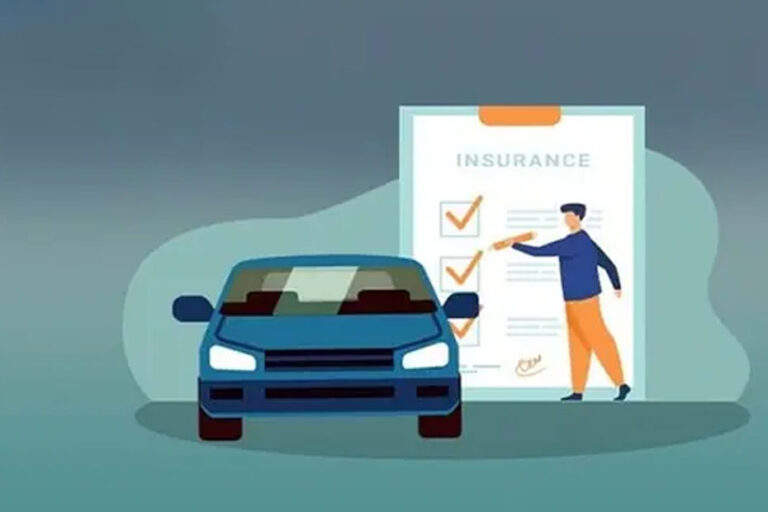
Veil
Being in a car accident is never easy, but it gets even more complicated if your car is declared a total loss. You may become overwhelmed and irritated as it involves a complex process. This comprehensive guide will take you through the entire process, from how an insurance company determines a total loss to the aftermath of an accident.
When Is a Car Considered to Be Totaled?
Insurance companies use a formula to decide whether a vehicle is declared a total loss. It is mainly based on how the actual cash value of the motor vehicle compares to the potential repair costs. The actual cash value estimates the car’s value immediately before the accident, considering its make, year, mileage, condition, and overall wear and tear.
The rules declaring a vehicle a total loss are considered to be different in every state. They tend to think of a percentage wherein if the repair costs exceed 70-80 percent of the car’s value, it will automatically be considered a total loss.
Some states use different mathematical formulas comparing repair expenses against the vehicle’s market value. Hence, it is here that you should seek help from a truck accident lawyer if you need to become more familiar with the law in your state. Additionally, sites like https://www.truckaccidentslawyer.com/ also help.
What to Do
When a person is involved in an accident that is not their fault, immediately taking the proper steps can significantly affect the outcome of the insurance claim and the compensation probable. The whole process starts with:
Filing a Claim
For this reason, you need to contact your insurance provider immediately after the accident. You must provide them with all the required details concerning your collision, like truck driver information, police report, and witness statements.
Get Your Car Inspected
Go to a trusted repair shop that will give you a proper damage estimate and an elaborate repair estimate. This document will become critical evidence when one negotiates with insurance companies. This professional judgment by the auto shop will help substantially verify the damage and support your claim toward the total loss determination.
Get Your Paperwork Together
Next, collect and organize all your available documentation. This includes
- A title to the vehicle
- A copy of the registration
- Records of maintenance done in the past
- Copies of recent repair invoices
These documents establish the value and condition of your car before the accident. Combine these with photographic evidence of damage to your vehicle, the scene of the accident, and any police reports—the more thorough your documentation, the stronger your position when working with insurance adjusters.
Who Pays for a Totaled Car?
Generally speaking, the insurance responsibility for a totaled vehicle would fall to the party determined to be at fault. If the truck driver caused the accident, their liability insurance would be responsible for a total loss in your vehicle. You would open a claim with their insurance carrier.
What Happens If You Have an Auto Loan?
With a total loss, auto loans add another pain level to the equation. If your car is totaled, the direct insurance settlement pays toward your outstanding loan balance with your lender. If this settlement amount were more than what you owed on the vehicle, you would get the difference. However, if this amount turns out to be less than what you still owe on the loan, then your gap insurance pays the difference.
Conclusion
Remember that every accident is unique, and this guide presents most of the information well. It is always best to check in with your local insurance professional or attorney for advice on any given situation.
Write and Win: Participate in Creative writing Contest & International Essay Contest and win fabulous prizes.


